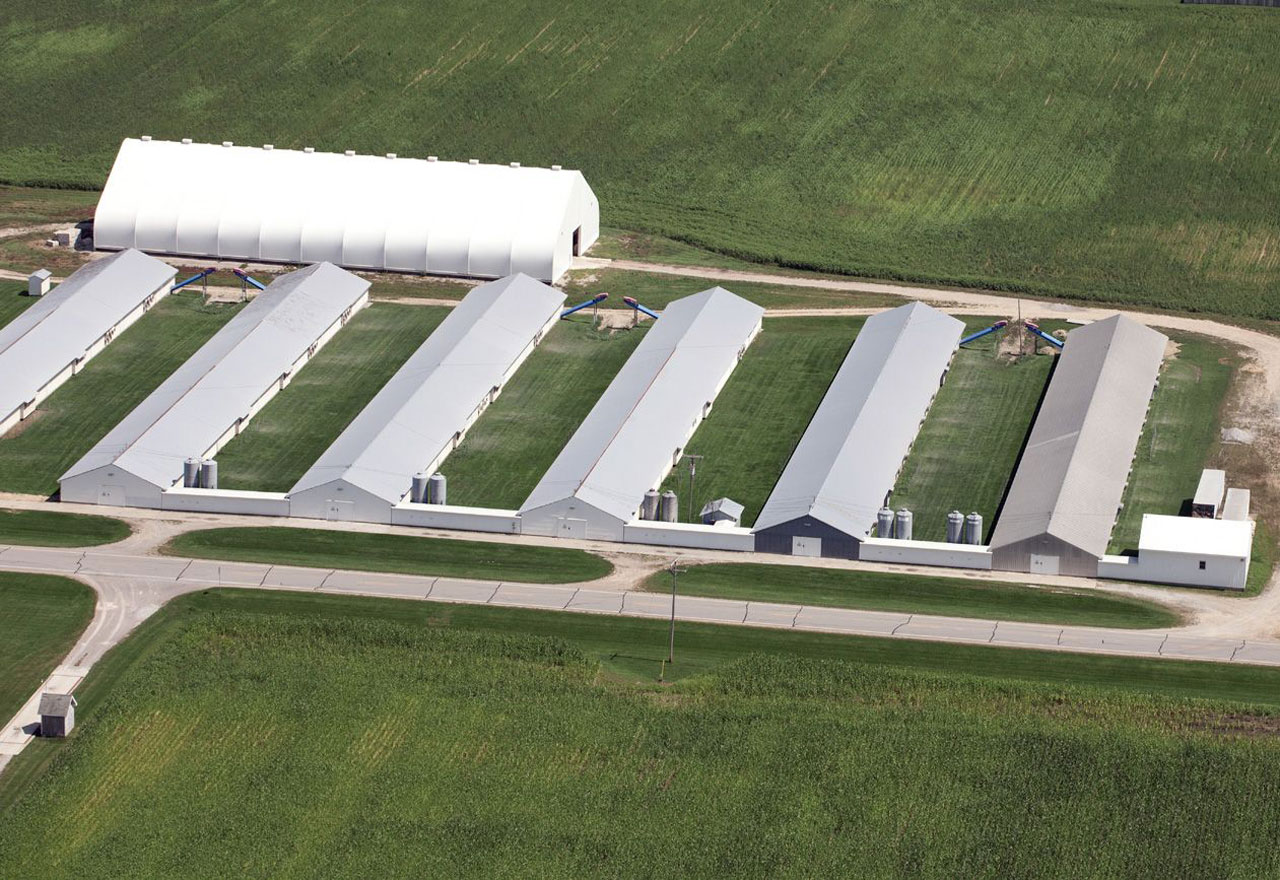by Kestrel Burcham, JD, Domestic Policy Director and Melody Morrell, Operations Director
As five new National Organic Standards Board (NOSB) members attended their first meeting, the petitioned emergency use of fenbendazole in poultry sparked vital discussion. (Fenbendazole is currently allowed for emergency use in other organic livestock.) The National Organic Program (NOP) has yet to define “emergency use” of this parasiticide, creating an environment ripe for abuse, producer fraud, and certifier confusion.
NOSB Livestock Subcommittee Chair Sue Baird referenced her interviews with egg producers interested in using fenbendazole. According to Baird, they anticipate administering to an entire flock, and not on a bird-by-bird basis. Baird disclosed that these producers typically operate three or four houses containing 8,000 birds each.
The management of birds is closely linked to their risk of severe parasite infestation. Authentic organic egg production is based on rotating birds through fresh pasture without chemical intervention. Mobile coops and silvopasture provide the highest animal welfare and greatly reduce parasite loads.
In contrast, statistics show that large organic flocks with outdoor access are being infected with parasites at a higher rate than conventional flocks (which have no outdoor access), resulting in a mortality rate of 9-18%. This bleak outcome is one ramification of “organic” factory farm production: it is no surprise that worms take over when massive flocks are crowded into fixed barns and given access to inadequate and unmanaged outdoor space.
The petition for fenbendazole was submitted by Merck Animal Health, which originally developed the product for use in conventional agriculture. The veterinarians who testified at the fall 2019 and spring 2020 NOSB meetings claim fenbendazole is needed when birds are given outdoor access. They displayed images of eggs and chickens’ digestive tracts full of worms to drive their point home (when asked, they noted that some of the images were of organic birds).
And what of fenbendazole residue in “organic” eggs? The FDA’s established “safe level” will not comfort organic consumers, despite assurance that cooking removes the residue. This is a conventional pharmaceutical used to treat parasites in humans and animals and, similar to what we’ve seen with antibiotics, research suggests parasites can become resistant to repeated use of fenbendazole.
The Cornucopia Institute applauds the four NOSB members who raised concerns about this petition. Industrialized organic production should not be propped up with conventional tools.
Organic consumers are willing to pay more for truly organic food; the use of fenbendazole on massive “organic” flocks is a betrayal of consumer trust in the USDA organic label. We will continue to champion strong organic standards on behalf of authentic organic farmers who produce the most nutritious food while carefully stewarding the soil in their fields and pastures. Stay tuned.
Cornucopia’s policy staff are pleased to offer this NOSB meeting report, an addendum written after the print deadline for the Cultivator.


